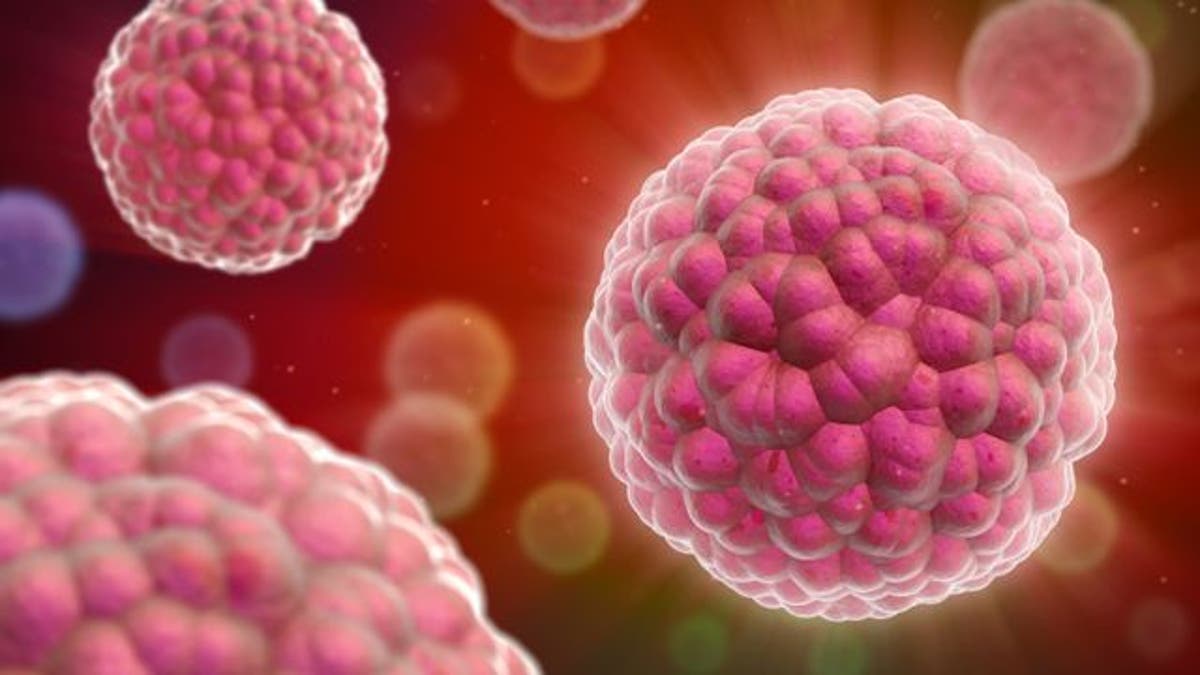
October 13 was National Metastatic Breast Cancer Awareness Day. Why does metastatic breast cancer deserve to have its own day? Because everyone knows what breast cancer is, but there is very little knowledge about what metastasis means.
First of all, metastasis can be a component of every cancer. Metastasis is when cancer cells escape from the original cancer site and travel through the bloodstream, attaching themselves to a vital organ.
When this happens, most often your cancer becomes incurable. It is also referred to as Stage 4 cancer.
My breast cancer cells left my breast and traveled through my bloodstream, attaching themselves to my bones and then my liver. Does this mean I have liver cancer? Does it mean I have bone cancer? No.
Once you have cancer, and cancer presents in an organ, the first thing the surgeon will do is get a tissue sample from the new site. They will test to see what kind of cancer it is. Both times, my tissue samples came back with the news that it was indeed breast cancer cells that had invaded the bones and then the liver.
This confirms that breast cancer is in my bloodstream, trying daily to attach itself to another organ. The only piece of artillery I have had has been chemotherapy. Toxic, horrible, debilitating, chemotherapy.
No one dies from breast cancer that stays in the breast. But most people with metastatic disease will die from that disease. But when? No one has that crystal ball. There are approximately 155,000 Americans currently living with metastatic breast cancer. Approximately 40,000 of those individuals will die this year.
Metastatic disease can occur five, 10, or even 15 years after the initial diagnosis of breast cancer. Around 20 to 30 percent of early stage breast cancer will become metastatic, and only 6 to 10 percent of breast cancers are Stage 4 upon first diagnosis.
My foundation has been working hard to find the right research in which to put our money, so that new drugs and therapies can be developed to turn cancer into a chronic disease (like diabetes or AIDS). I want to see cancer become a manageable disease that we can live with and not die from. We need new therapies and drugs that can allow a better quality of life. Chemo does not do that.
The Phase 1 clinical trial that I am in is the drug we have all been hoping for. It is a clinical trial with both Pfizer and Eli Lilly. For me, it is working. I have had very few side effects, and it is keeping my liver stable. If it continues to perform this well in drug trials, it could be available to the public in two years. This is a huge breakthrough, and breakthroughs like this help researchers find breakthroughs for other cancers.
That is why research means everything.








































